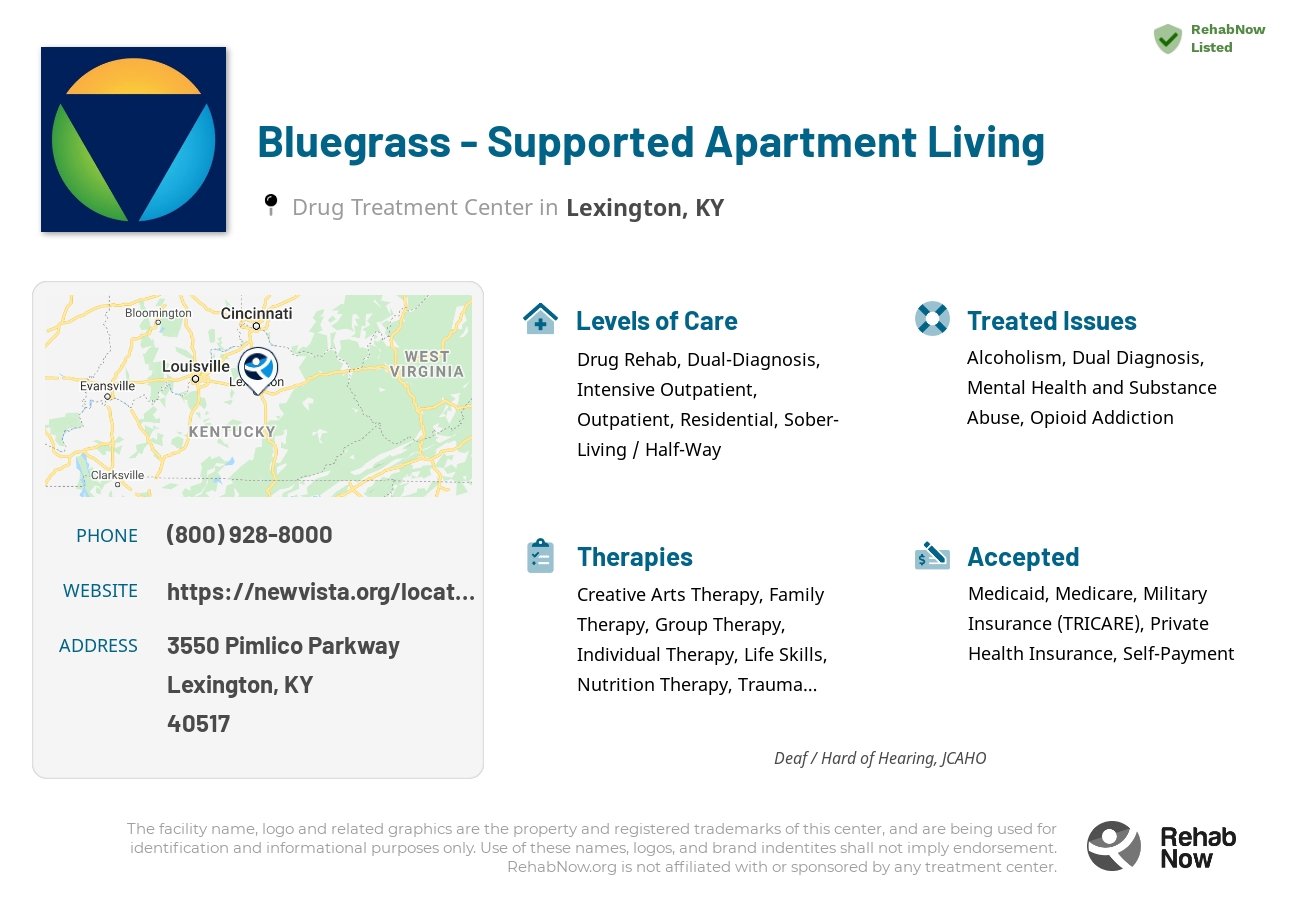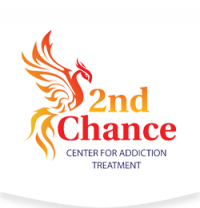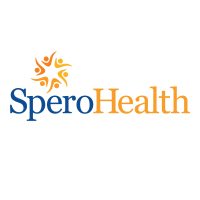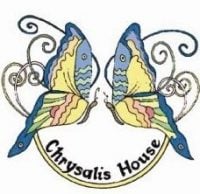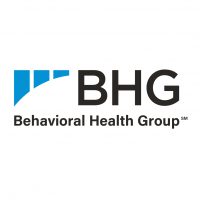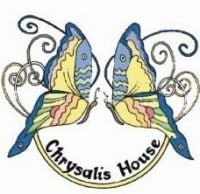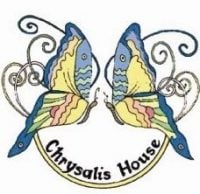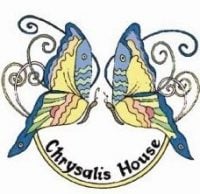Bluegrass - Supported Apartment Living
Drug Rehab Center in Lexington, Kentucky
Bluegrass – Supported Apartment Living is a residential treatment facility using evidence-based behavioral therapies to provide quality care for individuals struggling with substance abuse and addiction, along with necessary educational opportunities and job and life skills training to assist them in achieving their long-term recovery goals.
About This Kentucky Facility
Located in Lexington, Kentucky, Bluegrass - Supported Apartment Living specializes in aiding individuals in their recovery journey from substance abuse and addiction. It stands out by offering a unique blend of Case Management and Community Integration services aimed at fostering independence and long-term recovery in a supportive environment.
Bluegrass - Supported Apartment Living is distinguished by its accrual of accredited certifications and is recognized by the Commission on Accreditation of Rehabilitation Facilities (CARF). In addition, it fully complies with the rigorous standards set by the Kentucky Department of Behavioral Health, Developmental and Intellectual Disabilities, ensuring high-quality rehab services.
- Individual and Group Therapy Sessions: Tailored to cater to the specific needs of residents, facilitating personal growth and healing.
- Spiritual Enrichment Activities: Aimed at nurturing the soul, these activities support a holistic approach to recovery.
- Relapse Prevention Training: Empowers residents with tools and knowledge to sustain their sobriety in the face of challenges.
At Bluegrass - Supported Apartment Living, treatment encompasses a comprehensive approach to addiction involving evidence-based methods like cognitive behavioral therapy, motivational interviewing, and dialectical behavioral therapy. These techniques are critically designed to address both the substance use and the underlying issues contributing to the addiction, ensuring a multifaceted level of care.
Genders
Ages
Modality
Additional
Accreditations

JCAHO
Conditions and Issues Treated
Opioid addiction treatment should be done in a medically supervised drug rehab. Opioid addiction treatment will include detoxification and drug rehab counseling to help both the user and their loved ones learn how to live a successful sober lifestyle. Methadone, buprenorphine, and naltrexone are three medications that can help treat opioid addiction. Individual drug rehab counseling sessions can be helpful to discuss any questions or concerns with the drug treatment program.
When addiction and psychiatric issues co-occur, the addict’s recovery is more successful when both conditions are treated. A dual diagnosis refers to a condition in which the patient is diagnosed with two health issues: addiction and bipolar disorder.
Usually, dual diagnosis sufferers are prescribed a combination of treatments for each condition. The most common therapies are psychotherapy, behavioral therapy, spiritual counseling, 12-step programs, and medication management.
Psychiatric conditions are an obstacle to recovery because they can create roadblocks to a healthy lifestyle. Drugs and alcohol may be used as a means of self-medication, which can have dangerous consequences. Over time, addicts build up a tolerance and suffer withdrawal symptoms when drug use is stopped.
With the proper treatment, dual diagnosis sufferers can overcome their conditions and achieve lasting sobriety.
Levels of Care Offered at Bluegrass - Supported Apartment Living
This center offers a variety of custom treatment tailored to individual recovery. Currently available are Drug Rehab, Dual-Diagnosis, Intensive Outpatient, Outpatient, Residential, Sober-Living / Half-Way, with additional therapies available as listed below.
The Intensive Outpatient Program at Bluegrass - Supported Apartment Living is for those who need intensive care but would rather get it in the comfort of their own home. The treatment programs vary in duration and intensity and can be tailored to suit the individual’s needs. IOP helps the patient to live at home and gradually get back to their routine life.
Daily trips to the hospital that provides the treatment include intensive outpatient services (IOP). The patients gradually get back to their everyday lives. IOP benefits the most when the patients have a supportive family member or friend who can encourage them in their recovery.
Individuals struggling with drug addictions can get help from several treatment options, including inpatient and outpatient programs. Outpatient drug treatment programs can also provide patients with different levels of care, usually depending on the patient’s degree of addiction.
At an outpatient program in Lexington, a patient will attend a recovery program during the day and return home in the evening. Suppose a patient is struggling with drug addiction. In that case, an outpatient program can serve as an effective transition point during the recovery process.
Sober Living Homes are used in drug rehab to help former addicts maintain sobriety. The staff provides the residents with a safe and supportive living environment to learn how to live a sober life. The staff members also provide the residents with resources to equip themselves better to live a sober life. They also provide them with opportunities for exercise, many of which encourage learning coping mechanisms that will be helpful later on.
Residential treatment programs are those that offer housing and meals in addition to substance abuse treatment. Rehab facilities that offer residential treatment allow patients to focus solely on recovery, in an environment totally separate from their lives. Some rehab centers specialize in short-term residential treatment (a few days to a week or two), while others solely provide treatment on a long-term basis (several weeks to months). Some offer both, and tailor treatment to the patient’s individual requirements.
Therapies & Programs
Individual therapy is a critical component of addiction recovery. It allows the patients to go deep into their core issues and discover how to handle those problems better. Therapy can be conducted in individual sessions as well as group settings. In individual therapy for addiction, the patient meets with their therapist one-on-one to focus on the underlying issues. This allows patients to open up and discuss personal topics they may not feel comfortable discussing in a group setting. This type of therapy can help develop solutions specific to each patient, which helps speed up the recovery process.
Family therapy is a crucial part of drug treatment and getting sober. It is one of the most effective ways to help addicts stay on the path to long-term sobriety. When a drug addict decides that they want to try and get sober, it takes the support of every person they love to succeed. It can be incredibly difficult for loved ones to watch an addict go through the pain and suffering of withdrawal, but by being there with them and supporting them, they can help to make sure that the addiction never returns.
One of the most important parts of family therapy is the relapse prevention plan. During treatment, therapists and doctors will often sit down with the addict and their family to develop a plan in case the addict ever feels like they want to use again. This plan should involve steps the addict and family can take together to prevent them from relapsing in the future. An addict’s family can play a vital part in helping them to avoid relapse because they can spot the warning signs and help them get back on track before it becomes too much of a problem.
Group therapy helps prevent addicts from feeling isolated or unique in their situation by offering a sense of comfort and fellowship. It also creates a forum for addicts to build their support systems and learn from each other. The group therapy sessions at Bluegrass - Supported Apartment Living occur in a group setting rather than one-on-one to create a safer, controlled environment where addicts feel comfortable.
Trauma therapy helps people dealing with addiction by allowing them to confront the traumas of their past and move past them. It is important to note that trauma therapy should not be confused with PTSD (post-traumatic stress disorder) Rather, it is used to treat the effects of trauma, which are often at the root of addiction.
The best drug treatment centers offer various services to help addicts learn how to live without drugs. Since addiction is a chronic physical and mental illness, addicts need to learn as many life skills as possible to help them stay clean and sober.
Many drug treatment centers like Bluegrass - Supported Apartment Living offer life skills activities as part of their addiction recovery programs. Examples include cooking classes, employment training, resume writing seminars, parenting classes, and computer training. When addicts have various life skills to lean on, they’re better equipped to put their addiction behind them for good.
The primary goal of life skills activities at drug treatment centers like Bluegrass - Supported Apartment Living is to help addicts recover from addiction and learn how to live a useful, productive life. Life skills activities help addicts find employment, take care of their families, and give back to the community. After learning about these various life skills, addicts are better prepared to return to society and lead happy healthy lives.
Drug addiction can be a difficult thing to overcome, but with the help of nutrition therapy, it can become a little bit easier. Nutrition therapy provides addicts with the nutrients they need to recover both physically and mentally. This type of therapy also helps addicts to have more energy and strength to fight cravings. Most importantly, good nutrition helps to keep addicts strong against the physical symptoms of withdrawal.
Nicotine replacement therapies are effective because they provide you with the nicotine you are addicted to without inhaling carcinogens from cigarettes. Some types of NRT include nicotine gum, nicotine patches (transdermal systems), nasal spray, and lozenges. The benefits of using NRT can include reducing the risk of heart disease and cancer.
Payment Options Accepted
For specific insurance or payment methods please contact us.
Is your insurance accepted?
Ask an expert, call (888) 674-0062
NEW VISTA Associated Centers
Discover treatment facilities under the same provider.
- New Vista - Schwartz Center Residential Treatment in Lexington, KY
- New Vista - Scott County Anchor Center in Georgetown, KY
- Bluegrass - Franklin County in Frankfort, KY
- Bluegrass - Roach street in Georgetown, KY
- Bluegrass - Estill County - Richmond Road in Irvine, KY
Learn More About NEW VISTA Centers
Additional Details
Specifics, location, and helpful extra information.
Lexington, Kentucky 40517 Phone Number(800) 928-8000 Meta DetailsUpdated April 15, 2024
Staff Verified
Patient Reviews
There are no reviews yet. Be the first one to write one.
Lexington, Kentucky Addiction Information
Kentucky ranks among the top ten states for opioid-related overdoses. Most of these are due to heroin, fentanyl, and prescription opioid use. A little over 11% of the Kentucky population abuses alcohol in a given year. More than 15% of Kentucky adults admit to participating in binge drinking every month.
Lexington, Kentucky has a moderate drug addiction and abuse problem. 6.7% of Lexington residents over the age of 12 abused drugs in 2014. The most commonly abused substances were alcohol, followed by cocaine, and heroin. In Lexington, there were 1,013 drug-related emergency room visits in 2016. The most important thing to remember when looking for drug rehab is that every individual is different and will require a different approach to treatment.
Treatment in Nearby Cities
- La Grange, KY (57.5 mi.)
- Martin, KY (98.1 mi.)
- Burkesville, KY (96.1 mi.)
- Georgetown, KY (16.5 mi.)
- Williamstown, KY (45.7 mi.)
Centers near Bluegrass - Supported Apartment Living
The facility name, logo and brand are the property and registered trademarks of Bluegrass - Supported Apartment Living, and are being used for identification and informational purposes only. Use of these names, logos and brands shall not imply endorsement. RehabNow.org is not affiliated with or sponsored by Bluegrass - Supported Apartment Living.



